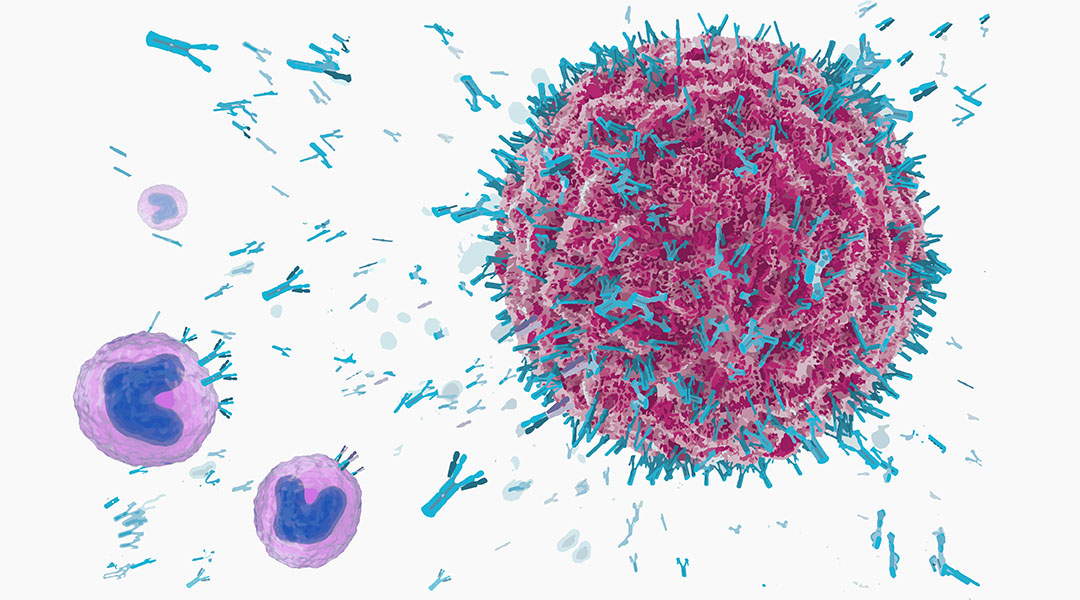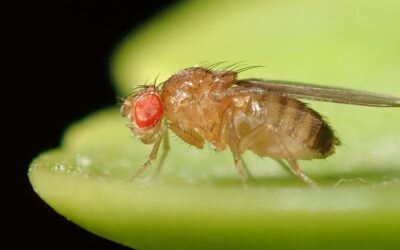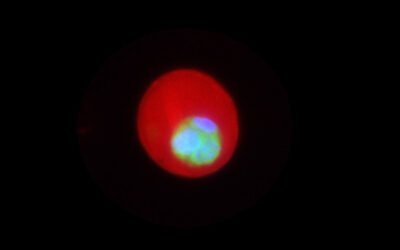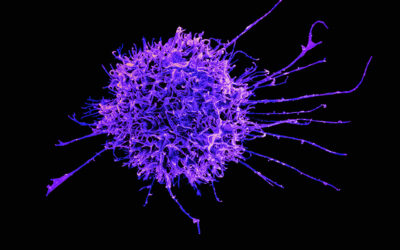With more than 30 antibodies or antibody derivatives currently marketed with FDA approval for cancer treatment, and hundreds more advancing in clinical trials, antibodies are now an established option in cancer therapy. Anti-cancer antibodies target a broad range of antigens, including soluble proteins, cancer cell surfaces, and effector cell receptors. This versatility allows antibodies to exploit several mechanisms of action, including directly blocking growth factors, modulating the immune system, and interrupting or inducing signaling pathways. Additionally, antibodies are increasingly being used as carriers to improve the specificity of extremely potent chemotherapeutic drugs.
First generation monoclonal antibodies were mainly produced through inoculation and expression in animal sources, giving researchers minimal control over antibody characteristics. Advances in protein engineering now enable the development and production of synthetic, modifiable antibodies in cell-based platforms.
Antibodies naturally exist in several different structural forms; the IgG isotype is most commonly used for anti-cancer therapeutics because of its long half-life, stability, and versatility. Deriving from the IgG isotype, researchers are exploring alterations in antibody structure, leading to the development of numerous novel antibody-derived scaffolds. These advances in protein engineering empower researchers to synthesize therapeutic antibodies specific for their desired application; however, an understanding and balance of function and stability are paramount in the development of an effective therapeutic.
To facilitate the design of synthetic therapeutic antibodies and antibody derivatives, Dr. Shawn C. Owen and his graduate student, Keith J. Arlotta, have written an in-depth WIREs Nanomedicine and Nanobiotechnology review of the current state of therapeutic anti-cancer antibodies. This review acts as a guide, detailing the effects of specific modifications on antibody function, stability, and half-life.
Kindly contributed by the Authors.

















